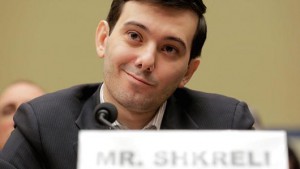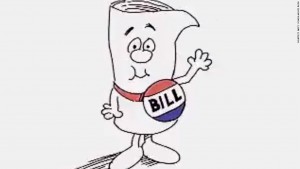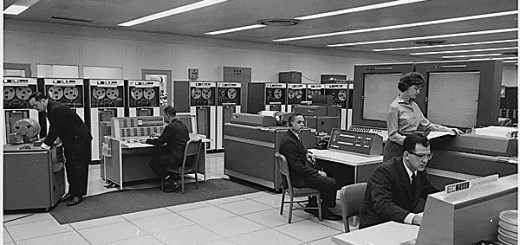
Joshua Roberts | Reuters
Martin Shkreli, former CEO of Turing Pharmaceuticals, prepares to testify before a House Oversight and Government Reform hearing on Capitol Hill, Feb. 4, 2016.
Yesterday Martin Shkreli, the despised co founder and former CEO of the pharma company Turing Pharmaceuticals AG, sat before a congressional committee, invoking his 5th Amendment rights to not incriminate himself, while looking like a surly 15 year old girl, rolling his eyes, and seeming distracted. Members of Congress punished Shkreli with long, boring lectures and wagging fingers, which didn’t seem to have much impact on young Martin. And it shouldn’t have.
Martin Shkreli might be a horrible person for increasing the cost of a life saving drug by more than 5,000%, but the fault is not his, it’s that of Congress. Shkreli is being a capitalist, and trying to get value for his shareholders. That’s his job. He may seem like the scum of the earth for what he’s doing, but he’s not running a charity.
On NPR’s Marketwatch there was talk of how the US government was begging drug companies to be alternate suppliers of generic drugs, like the one Mr. Shkreli manufactures, so there could be competition and the price could come down. This is disingenuous at best and stupid at worst.
Pharmaceutical companies don’t need to be taught how to make profits. If they could make generic pills for $0.25 and sell them for $20 a piece, undercut Shkreli, make a fortune and come out with lots of free PR, don’t you think they’d do that? They didn’t get rich by winning Powerball.
The problem is, as I explained previously, the drug Shkreli is selling isn’t actually generic anymore.
First off, it’s important to remember that  most members of congress don’t write any of the bills they submit to become laws anymore. Lobbyists do that for them. And most congressman get massive cash donations from big companies and lobbying firms. It’s not at all like School House Rock, unfortunately.
most members of congress don’t write any of the bills they submit to become laws anymore. Lobbyists do that for them. And most congressman get massive cash donations from big companies and lobbying firms. It’s not at all like School House Rock, unfortunately.
Years ago there was a scandal when some tainted drugs were made by a formulary pharmacy and people were hurt. Formulary pharmacies don’t just count pills, as your pharmacy at your local supermarket does, they mix drugs. If you needed a children’s dosage of a medicine, or two medicines mixed, or IV solutions, or a whole bunch of things, you’d go to a formulary pharmacy. They’re a great place to go if you needed a particular dosage of a medicine that isn’t available – and they were a great place to go to get dosages and blends made that didn’t cost a fortune, as some of the dosages from big pharmaceutical companies did. You can imagine why this wasn’t very popular with pharmaceutical companies.
But of even greater concern for pharmaceutical companies, is patents. Drugs cost a fortune to develop, and for a limited period, you have an exclusive on making them, and you can make some money. When that patent is going to expire, pharmaceutical companies do everything they can to get more time. They’ll make newer versions combined with another drug, or ones that release steadily over time, or patent versions for kids. All in an effort to maximize profits.
Once a drug is generic, anyone can make it.
But what if it were possible to make it so even if other companies could make generics of your drug, doctors and hospitals would be compelled to buy from you? It would be like having a patent all over again.
As I said in my previous post on this subject, the Drug Quality and Security Act passed in 2013 and signed by President Obama, was said to be in response to the New England Compounding Center meningitis outbreak that took place in 2012, which killed 64 people. This act pointed the finger at compounding pharmacies and attempted to more tightly regulate making medicine. It opened the door for Controlled Distribution. While others could make generics, it said that these certain drug companies carefully controlled the production, shipping, storing and distribution of particular drugs to insure they’d be safe. In short, it was like a second patent. You could make a generic drug and charge a penny for it, but it’s under controlled distribution, doctors and hospitals won’t prescribe it for many needs.
So while Congress and the US government seem to want to blame Martin Shkreli for this situation, they are the ones who put this system into place. They likely had no idea what they suggested in the bills they probably didn’t write. But now, they must reap what they sowed.
Galatians 6:7-9 (ESV)
7 Do not be deceived: God is not mocked, for whatever one sows, that will he also reap. 8 For the one who sows to his own flesh will from the flesh reap corruption, but the one who sows to the Spirit will from the Spirit reap eternal life. 9 And let us not grow weary of doing good, for in due season we will reap, if we do not give up.



